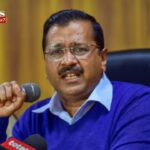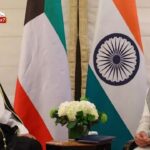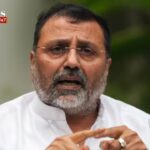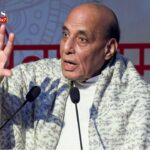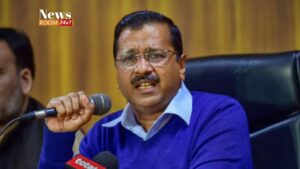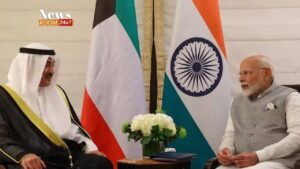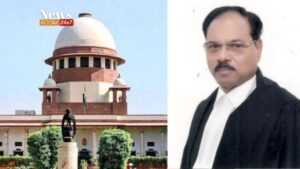A Decade of Growth for India: Modi’s Strategy to Transform the Nation into a Global Manufacturing Hub

Prime Minister Narendra Modi stated that the current decade represents a “lift-off” phase for India, during which the country must advance with the principles of reform, perform, and transform to make significant progress towards its ambitious goals. He highlighted that the collective aspiration of Indians to see the country emerge as a global manufacturing powerhouse, leading to widespread prosperity, will soon be realized.
In his keynote address at The Economic Times World Leaders Forum on Saturday, Prime Minister Modi described the third decade of the 21st century as a “lift-off” period for India. He emphasized that the country is actively shaping its future, with benefits extending to everyone across the nation.
Modi asserted that India is currently a land of immense opportunities, supported by government initiatives aimed at fostering progress. “We are set to make a significant leap forward, driven by a long-term vision,” he noted.
He further explained that his government views infrastructure development not just in terms of physical expansion but as a way to enhance convenience and improve the quality of life for Indian citizens. These efforts, he said, are generating substantial employment and providing significant benefits to the economy and various industries.
“Every Indian has the dream of seeing their country become a global center of manufacturing, and the world looks to us to achieve this goal,” Modi stated.
You can see a revolution happening in the nation today that is aimed at achieving this. An unparalleled degree of assistance is being provided to our MSMEs. Cities are creating industrial parks that are ready to use, and they are creating economic corridors. There is a strong push to increase the production of essential minerals. The production-linked incentive (PLI) programs in India have been incredibly successful.
An equally important aspect of this expansion is that it has improved lives. “This transformation holds the key to Bharat’s future,” stated the Prime Minister. Twenty-five crore individuals have been brought out of poverty in the last ten years. These people have not only risen out of poverty but have also established a new class known as the neo-middle class. This transition is happening at a rate and degree never seen in any democratic society around the globe.
Modi also praised the contribution of India’s people to this success story. “Those who have risen from poverty are fueled by a strong desire for progress,” he said.
“They are focused on ensuring a bright future for their children. Their aspirations are driving the development of new infrastructure, their creativity is sparking innovation, their skills are influencing industry trends, their needs are shaping market dynamics, and their increasing incomes are boosting market demand. This emerging middle class of Bharat is proving to be the most powerful force pushing the country forward,” Modi said. While voters in other regions sought change in this year’s elections, India has taken a markedly different path. “Bharat has chosen an entirely different course,” he added.
The people of Bharat have given a mandate that challenges the status quo. For the first time in 60 years, Indian voters have empowered a government to secure a third consecutive term. The aspirational youth and women of Bharat have chosen continuity, political stability, and economic growth. Our gratitude for their support cannot be expressed in mere words,” the Prime Minister stated.
Before even reaching 100 days into its third term, the NDA government is deeply involved in modernizing physical infrastructure, expanding social infrastructure, and making steady progress on reforms, Modi added.
The government remains committed to addressing the needs of the poor, farmers, youth, and women. Modi highlighted another major aspiration: “It is our national determination that a Made in Bharat food product should grace every dining table worldwide.” He explained that multiple initiatives are underway to achieve this vision. “Currently, there is a significant emphasis on organic and natural farming, along with improving the quality of our dairy products and seafood,” the Prime Minister stated.


